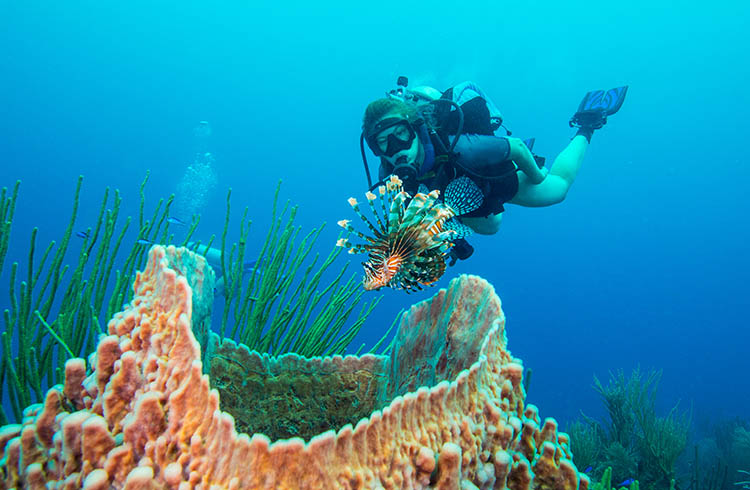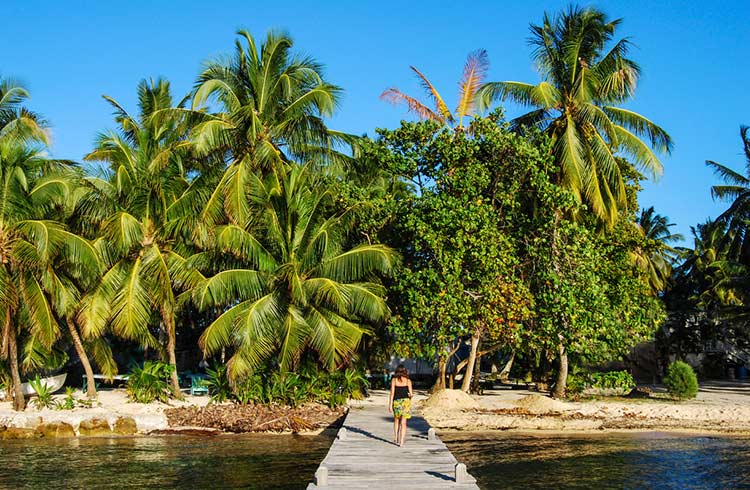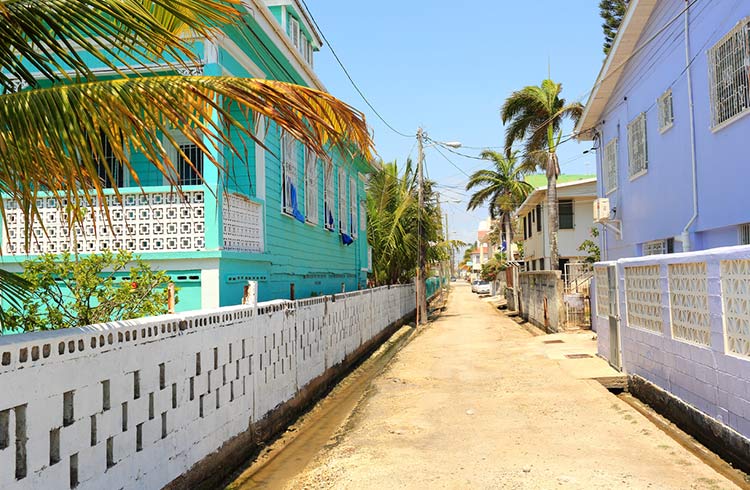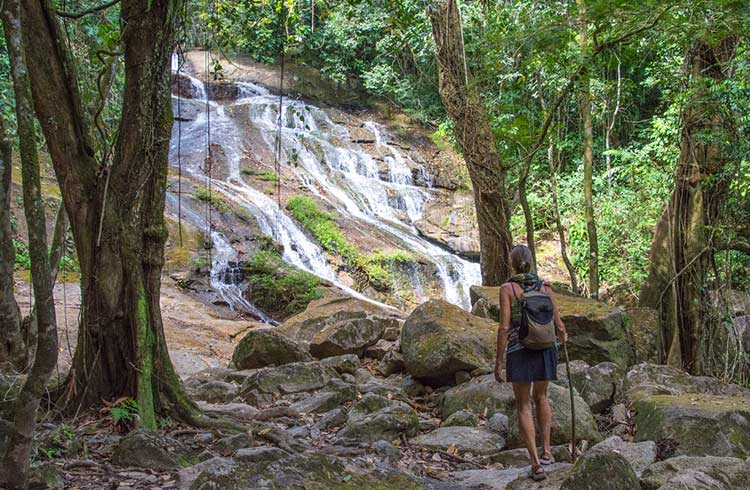Adventure Activities in Belize: Travel Safety Tips
Famous for its scuba diving and cave tubing, Belize is heaven for adventurous travelers – but it's important to know the risks.
 Photo © Getty Images/Douglas Klug
Photo © Getty Images/Douglas Klug
Currency Exchange Rate Shock in Belize
If you're coming into Belize from another Central American nation, you'll notice the sharp increase in prices. Belize has higher taxes than its neighbours, high development costs, and a tourism industry catered mostly to North Americans on short stays – hence the steep price tags.
You should always check whether quoted prices are in Belizean or US dollars. Belizean currency is officially pegged to USD at an exchange rate of 2 BZD to 1 USD, which means a strong US dollar doesn't offer any special advantage.
Scuba Diving in Belize - Potential Dangers
If you're going to Belize for scuba diving, know that safety procedures in Belize are not always as stringent as they are in other countries. In 2016, the Belize Tourism Board implemented a Standard Code of Practice for recreational scuba diving. Under these standards, operators are required to have proper licenses and qualifications, meet appropriate safety requirements, and ensure divers have the proper level of certification for the diving they plan to do.
However, some divers are still reporting that equipment is old or faulty, or that instructors don't follow adequate safety procedures. It's best to do your homework and find out which dive operators are reputable and safe.
Dive masters sometimes will not take into account the skill level of divers when descending to more challenging sites. Ask the operator where they are planning to dive to ensure you are skilled and confident enough to go. If they don't ask about your certification or experience, don't dive with them.
A dive buddy is another important aspect to consider, especially if you are traveling solo. In fact, it's industry standard, so if the dive operator you are planning to go with doesn't make sure every diver is paired with someone, don't use them.
If you know your way around diving equipment, take a close look at it. The gear might not be well maintained. Deaths have occurred because of faulty kits.
Diving Belize's Famed Great Blue Hole
The Blue Hole is renowned for its interesting formations and marine life, but it's a technical, 130ft (40m) dive that requires advanced certification. The Blue Hole should not be attempted by divers without the proper experience or level of skill.
Cave Tubing in Belize
Cave tubing, although mostly safe, is another potentially risky activity.
A death in 2008 prompted the tourism boards to revamp some regulations. Signs informing visitors of the water conditions and safety risks are now mandatory.
There must also be one guide for every eight participants. Make sure your operator respects these regulations.
Related articles
Simple and flexible travel insurance
You can buy at home or while traveling, and claim online from anywhere in the world. With 150+ adventure activities covered and 24/7 emergency assistance.
Get a quote


No Comments